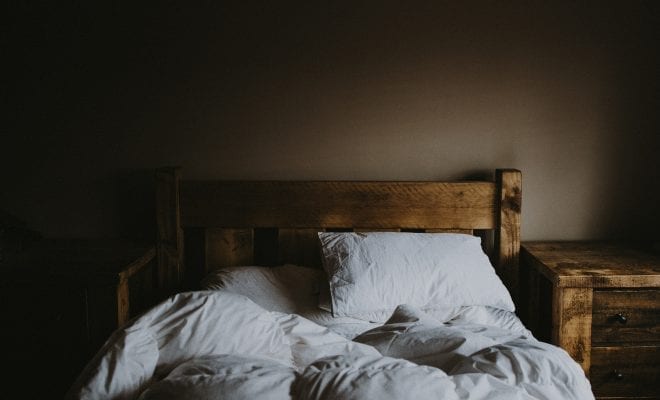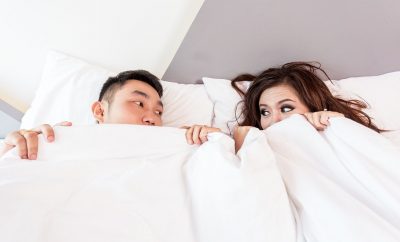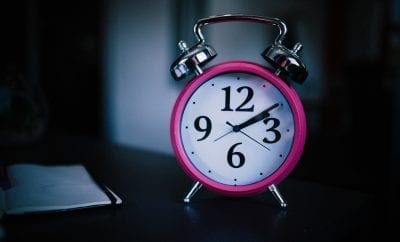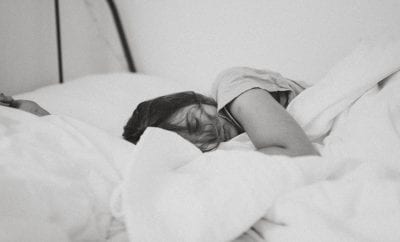
Lifestyle
Does Blue Light Really Affect Your Sleep?
Artificial light, including LEDs, incandescent, and fluorescent bulbs, all have a pronounced effect on our sleeping patterns. Our bodies’ internal clock, known as the circadian rhythm, is set to the amount of light and dark the body is exposed to. If this process is disrupted, vital processes in your body like brain activity, hormone production, cell regeneration, and sleeping patterns experience disturbance.
Blue light waves, in particular, have the potential to have the greatest impact on our sleeping patterns. These sleep-disrupting waves are produced by electronics and overhead lights. During the day, blue light can boost attention, reaction times, and mood. However, come nighttime, it can make it difficult for your circadian rhythm to recognize it is time to sleep.
When our eyes take in blue light, it sends a signal to our brain that suppresses the production of melatonin, which is a powerful hormone that regulates the wake-sleep cycle. Unfortunately, due to living in the age of electronics, our eyes have never been exposed to more blue light than they are now. It is all too common nowadays for people to use their phones, laptops, or other various electronic devices right up to the point where they try to get some sleep.
The harmful effects of blue light on sleep can go much deeper though. Prolonged periods of troubled sleep can lead to a variety of health issues, including depression, diabetes, cardiovascular issues and even an increased risk of cancer. Sleep is an absolutely crucial process in our bodies, as it allows our bodies to rejuvenate and physically restore itself by removing the metabolic wastes that build up while we’re awake.
How to limit blue light exposure
Fortunately, there are several ways you can protect yourself from blue light. Blue-light blocking glasses have been shown to be effective in limiting blue light exposure, limiting the melatonin-suppressing effects it has. They are most effective when worn after 6 PM when your circadian rhythm is beginning to gear your body down for sleep.
Other methods of limiting blue light include:
- Keeping your bedroom dark or using a sleep mask when going to bed.
- Turning your smartphone on night mode, which limits the amount of blue light emitted from the device
- Turn off your lights 1-2 hours before bedtime.





1 Comment